You will receive the whitepaper within 10 minutes in your mailbox.
While waiting...
We invite you to visit our YouTube channel here.
Didn't receive anything?
Please send us an email and one of our team members will send it through to you.
Oops! Something went wrong while submitting the form.
Inspections
Maintenance
Service - Disappeared Crane Brands
Bucyrus-Erie, American Aero, and Titan Industries, and How Conbit Keeps Them Alive???
A Legacy of Lifting
The offshore industry has long relied on robust, purpose-built cranes to handle the harshest environments. Among the pioneers were Bucyrus-Erie, American Aero, and Titan Industries, brands that once defined offshore lifting standards. Though these names have faded from the market, their cranes still operate on platforms and vessels worldwide. Their legacy lives on, and Conbit ensures it continues to serve the industry safely and reliably.
Bucyrus-Erie: From Panama to Platforms
Founded in 1880, Bucyrus-Erie was a titan of heavy machinery. Known for its steam shovels used in the Panama Canal, the company later expanded into marine and offshore cranes. Bucyrus-Erie's MK-series cranes became staples on offshore platforms. After a series of mergers and acquisitions, the brand was absorbed into Caterpillar in 2011, and its marine crane division was eventually acquired by Sparrows Group. Today, the Bucyrus name is gone, but its equipment still lifts loads across oceans.
American Aero: Gulf Coast Engineering
American Aero Cranes built a reputation for reliable pedestal cranes tailored to the Gulf of Mexico's offshore needs. With a focus on hydraulic systems and rugged design, their cranes were widely adopted in the U.S. offshore sector. In the early 2000s, American Aero merged with Titan Industries and later became part of Energy Cranes International under Sparrows leadership. Though the brand no longer exists, its cranes remain in service, often in need of specialized support.
Titan Industries: Global Reach, Quiet Exit
Titan Industries was known for its box boom and lattice boom cranes, with over 2,200 units deployed globally. From Southeast Asia to India, Titan cranes were a common sight on offshore installations. After merging into Energy Cranes International in 2003, Titan's identity gradually disappeared, but its designs live on through Altrad Sparrows, which holds the IP rights.
Conbit: Supporting Legacy Cranes
At Conbit, we understand the challenges of maintaining legacy equipment. Our team offers inspection, maintenance, refurbishment, and engineering support for Bucyrus-Erie, American Aero, and Titan cranes. Whether it's sourcing hard-to-find parts, reverse-engineering components, or upgrading safety systems, Conbit ensures these historic machines continue to operate safely and efficiently.
How we work
Thank you! Your submission has been received!
Oops! Something went wrong while submitting the form.
Related Cases
No items found.
Contact
We're here to answer your questions
Do you have any technical questions, general enquiries or do you need additional information? Don’t hesitate to contact our experts. With their expertise and experience in lifting services, they will gladly help you.
You can contact us by phone or email. We’re looking forward to your questions!
You can contact us by phone or email. We’re looking forward to your questions!
.avif)

.avif)
.png)
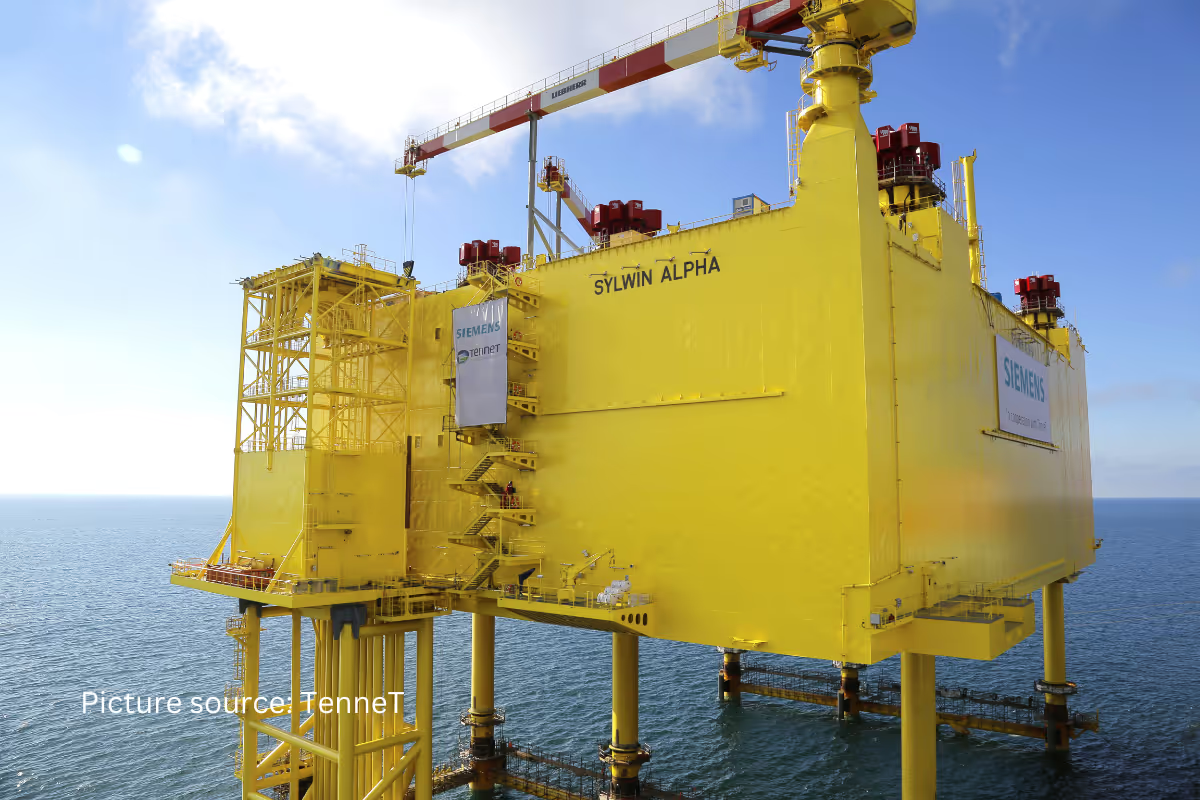
.png)
